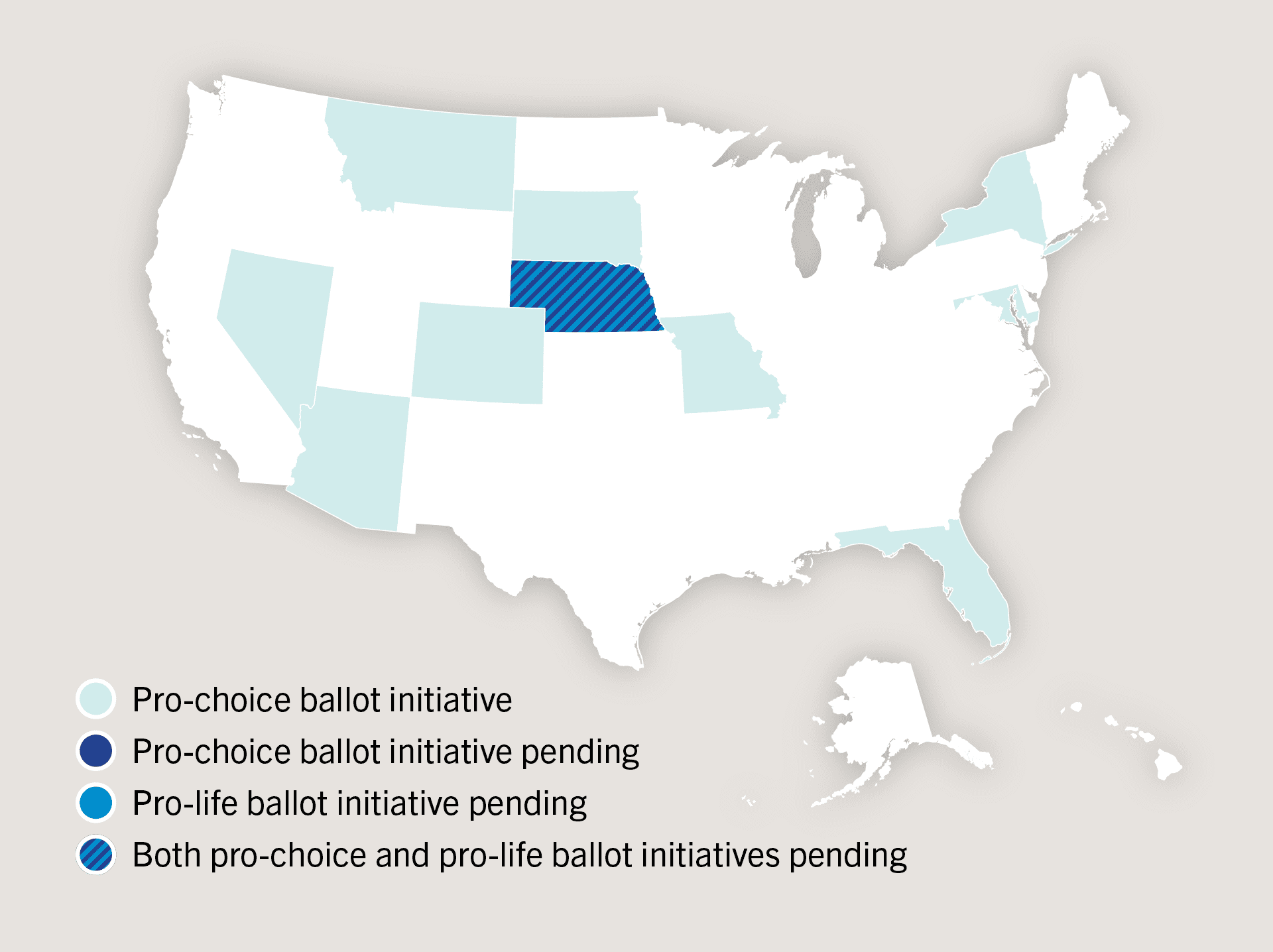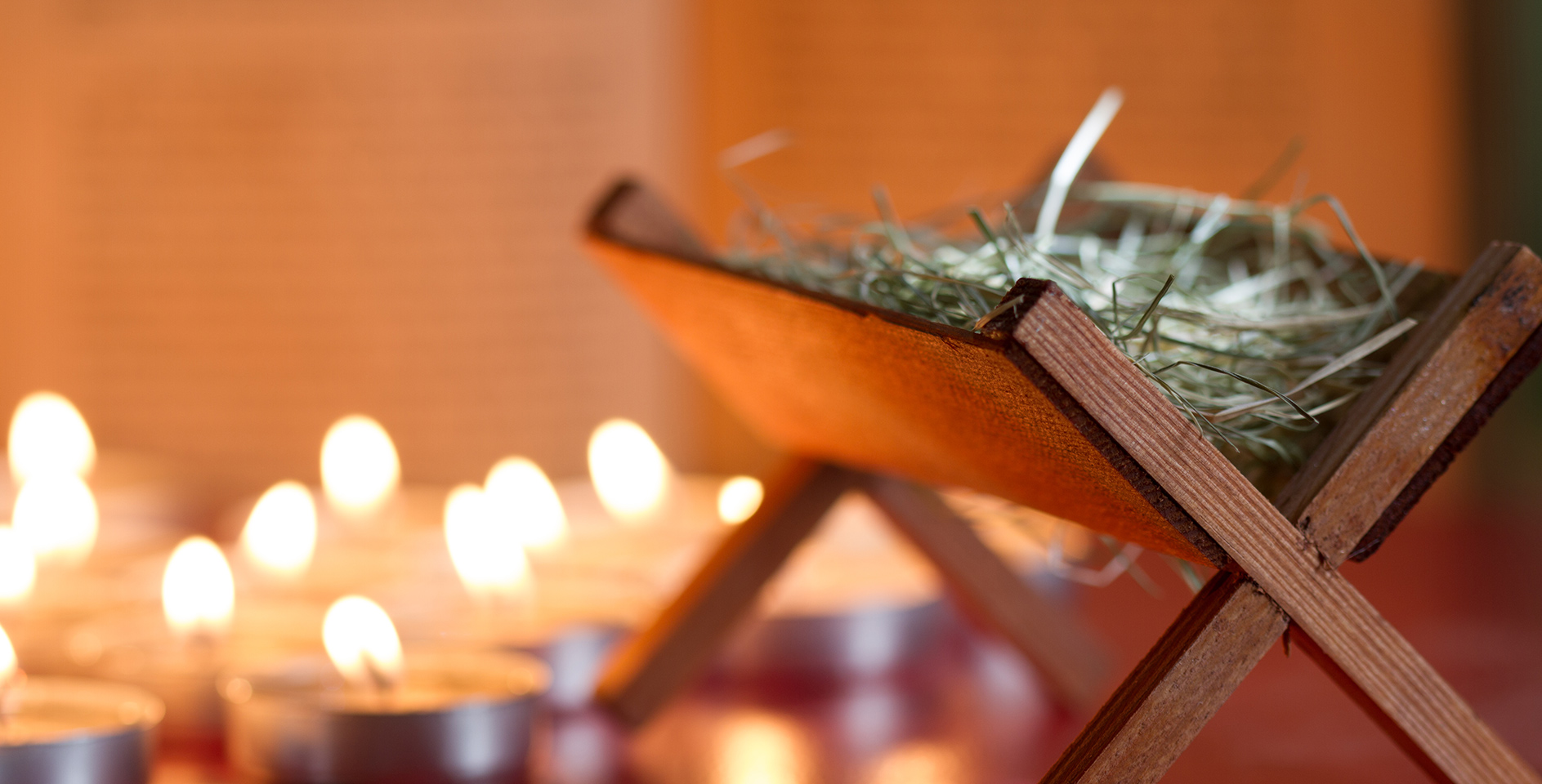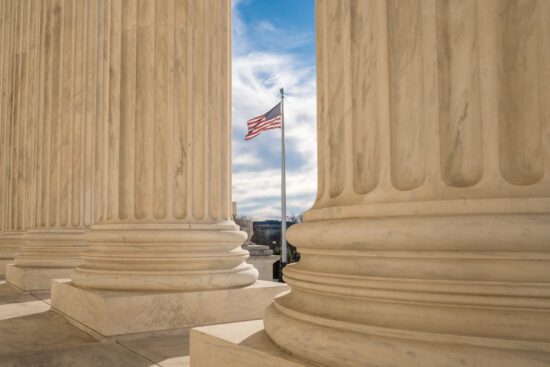Taking a miniature Christmas tree to your child’s gravesite is no parent’s wish, but that is what my wife and I did this year for the first time. It’s 18 inches tall with a string of white solar powered lights, navy blue ornaments, and a Nashville Predators—his favorite sports team—ornament at the top.
Our son, Kaleb, died on Dec. 1, 2019. Last year was our first Christmas without him. Our house, including his room, sat decorated for Christmas as we spent the last three weeks of his life at the hospital. Since then, everything has been our first experience of doing things without him here. As we decorated the house for Christmas, we even put his tree in his room like we’ve done each year.
This Christmas, his gravesite has a headstone. The black granite monument marks where we buried our son’s body to await the return of Jesus and the resurrection of the dead. We know Kaleb is with Jesus (2 Cor. 5:8; Phil. 1:23), and only the remains of his earthly body are in that grave, but we still wanted to put something out there for the holidays. There’s a strange tug you feel as a parent: you know your child is with Christ in heaven, yet you don’t want them to feel alone at the graveyard. So we placed a smaller version of the tree in his room at his gravesite.
Kaleb’s story
Kaleb was 15 years old. He suffered with health issues his entire life, some seasons more severe than others. A surgical mistake when he was two months old altered his life forever. A surgeon operated to remove a bad kidney, but instead of taking only the bad one, he also took the good one. It devastated us. We knew the implications were far-reaching. He couldn’t live without a kidney, and a transplanted kidney—which he received two years later—wouldn’t last forever. He could need multiple transplants throughout his lifetime. The medications to suppress his immune system would make him susceptible to infections and viruses that otherwise may never bother him.
This is precisely what happened when he was 13 years old. Kaleb contracted fungal meningitis. It caused a stroke that left him unable to talk or use his motor skills as effortlessly as he did before. His entire life changed. He never returned to school, played video games online with his friends, or shot hoops in the driveway again.
This change was hard on him, and our family. He required constant care. Our smiling and fun-loving boy was still there, but his body struggled. His lungs eventually gave way to years of infection, as he could no longer cough on command to keep them clear. He died from respiratory failure, but that was just the last cause in a line of preceding issues that began with the surgical mistake. Our worst fear, which we always knew could happen, happened.
Lessons along the way
When I think about Kaleb’s life and struggles, and I look at how he handled them so faithfully, there are several lessons worth sharing. These lessons apply to anyone, regardless of what circumstance they are facing.
First, he accepted whatever God brought into his life. We talked to Kaleb about his story throughout his life. He knew what happened to him as a baby. He understood that his daily medical routine and physical limitations resulted from a surgical mistake. He also knew what future prospects could hold. Yet he trusted that God’s plan for his life was unfolding according to his sovereign wisdom. There was no questioning “why” or accusations of injustice levied against God. He received it and understood there was a responsibility to steward his struggles in such a way that gave God glory through them.
Second, he lived with joy despite his physical struggles and the limitations that came with them. He didn’t just exhibit trust in God’s plans for his life, but he lived with joy through them. It’s one thing to begrudgingly accept what God places in your hands, it’s another thing to find joy in it, especially when that thing is suffering.
We do not grieve as those without hope. We are hopeful sufferers because we know the baby born in a manger is the King of Glory who sacrificially died and rose again on the third day.
Kaleb’s light shone out for everyone around him to see. His smile radiated with substance. His joy wasn’t airy, or a consequence of trivial happiness. It had depth. If you knew the health issues he dealt with daily, and you watched his life, the only conclusion you could draw was he was tapping into a well available to all, but pursued by few (John 15:11).
Third, he longed for the world to come. Trials and suffering have a way of loosening your grip from this world. Kaleb knew what awaited him upon death or Christ’s return. We spoke constantly about it as a family from the time he could comprehend it. His body stayed sick most of the time. It was weak and frail. But he looked forward to a day when Jesus would eradicate sickness forever.
Many today rarely focus on the world to come. We get entangled in trying to improve our temporal comforts and live as if this life is our forever home. But the promise of Scripture is that this life is but a shadow of the real thing. Total health. Fullness of joy. And dwelling in the presence of God forever. These things await us.
Kaleb’s life teaches not only those who hear his story, but it ministers to his mom and me. We embedded a theology of suffering into his life from a young age, but he walked it out in reliance upon Christ. We learned to walk it out as a family. We knew what the Scriptures taught, but we learned obedience through our suffering.
Come, Jesus
Our daily lives are drastically different without Kaleb here with us. Cherish those around you. Remember the preciousness and shortness of life. We grieve Kaleb’s absence from our Christmas traditions and gatherings.
But we do not grieve as those without hope. We are hopeful sufferers because we know the baby born in a manger is the King of Glory who sacrificially died and rose again on the third day. He purchased our salvation and secured for us an inheritance that is imperishable, and unfading, kept in Heaven for us. One day he will return to make all things new. He will wipe away our tears, restore our lowly bodies, and usher in life eternal with a renewed heaven and Earth.
Our family longs for that this Christmas. We all should. It should be our cry now, as it was for his people prior to his first coming, “Come, thou long expected Jesus, born to set thy people free.”








